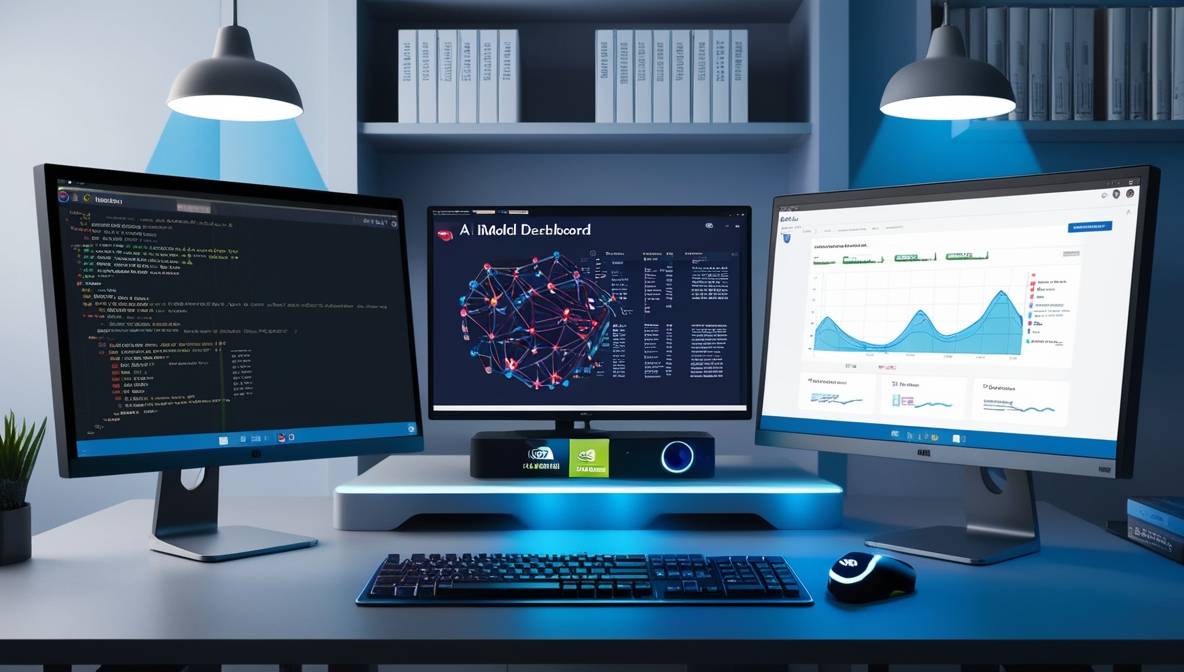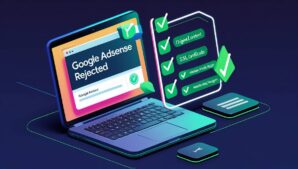Running AI models locally provides enhanced data privacy, reduced latency, and full control over computational resources. This guide details how to deploy machine learning frameworks offline using Ollama and Open Web UI, bypassing cloud dependency.
Source: Youtube
Why Run AI Models Locally?
Local AI deployment eliminates reliance on third-party servers, addressing concerns such as:
- Data Security: Sensitive information remains on-premises.
- Cost Efficiency: No recurring fees for cloud-based API calls.
- Customization: Full access to model architectures and training parameters.
Organizations in healthcare, finance, and legal sectors increasingly adopt local AI solutions to comply with GDPR, HIPAA, and other regulations.
System Requirements for Local AI Deployment
| Component | Minimum Specs | Recommended Specs |
|---|---|---|
| RAM | 16GB DDR4 | 32GB DDR4 or higher |
| GPU | NVIDIA GTX 1060 (6GB) | NVIDIA RTX 3090 (24GB) |
| Storage | 50GB SSD | 1TB NVMe SSD |
| OS | Ubuntu 20.04 | Ubuntu 22.04 LTS |
Systems without GPUs can use CPU-only modes, though processing speeds will decrease significantly.
Installing Ollama for Local Model Management
Ollama simplifies local AI operations through a terminal-based interface. Follow these steps:
Download Ollama
Visit the Ollama GitHub repository and select the appropriate build for your OS.
Install via Terminal
curl -fsSL https://ollama.ai/install.sh | sh ollama serve
Pull AI Models
Access pre-configured models like Llama 2 or Mistral:
ollama pull llama2
Run Models
Initiate a chat interface with your model:
ollama run llama2
Ollama supports over 50 open-source models, including CodeLlama for developers and Meditron for healthcare analytics.
Integrating Open Web UI for Enhanced Control
The Open Web UI project adds a browser-based dashboard to Ollama, featuring:
- Model performance metrics
- Real-time inference monitoring
- Multi-user access controls
Installation Steps
Clone the repository:
git clone https://github.com/open-webui/open-webui.git
Launch via Docker
cd open-webui && docker compose up -d
Access the dashboard at http://localhost:8080.

Practical Use Cases for Local AI
- Document Analysis
Process confidential legal contracts using custom NLP models without uploading sensitive PDFs to external servers. - Medical Diagnostics
Run radiology image recognition models compliant with HIPAA regulations. - Code Generation
Develop proprietary software with CodeLlama while keeping intellectual property secure.
Performance Comparison: Local vs Cloud AI
| Metric | Local Deployment | Cloud Service |
|---|---|---|
| Latency | 20-50ms | 150-300ms |
| Data Transfer | None | Encrypted API calls |
| Cost (Annual) | $0* | 5,000−5,000−50,000 |
| Customization | Full model access | Limited parameters |
Excluding hardware costs
Troubleshooting Common Issues
- CUDA Errors: Update NVIDIA drivers and verify GPU compatibility.
- Memory Overflows: Reduce batch sizes or use model quantization.
- API Connection Failures: Check firewall settings blocking local ports.
Future Developments in Local AI
The Open Web UI roadmap includes federated learning support by Q1 2025, enabling multi-node training without centralized data aggregation. Ollama plans to add ARM64 support for Raspberry Pi deployments in late 2024.










